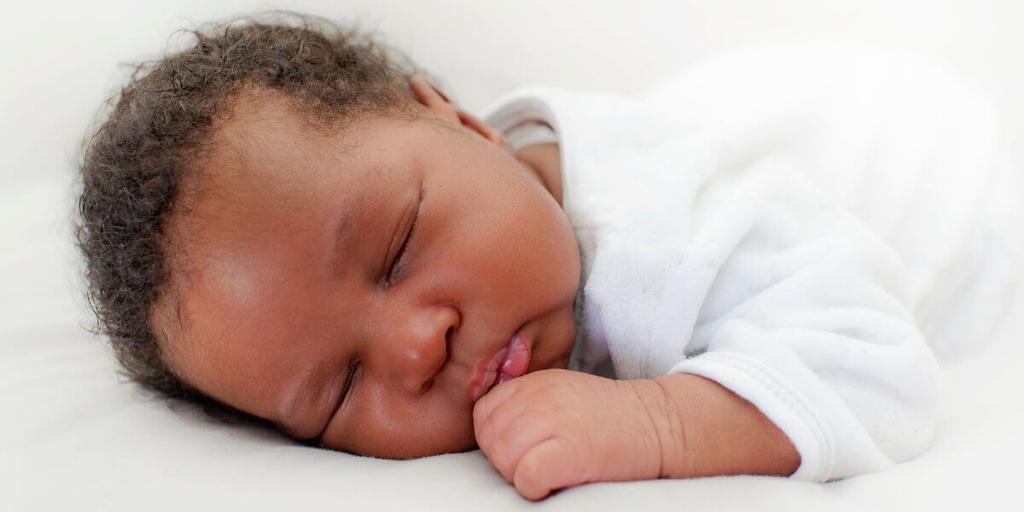when we are talking about Why Do Baby Make Noises While Sleeping. The serene sight of a sleeping baby is a heartwarming experience for any parent. As your little one drifts into dreamland, you might notice a symphony of sounds accompanying their slumber. From soft coos and giggles to occasional grunts and sighs, these sleep-induced noises can both bewilder and amuse parents. Have you ever wondered why babies make these adorable sounds while sleeping? This article delves into the science behind those mysterious nighttime noises and Why Do Baby Make Noises While Sleeping.
The Symphony of Baby Sleep Sounds
It’s not uncommon for parents to witness their sleeping infants produce a wide range of sounds. These include gentle cooing, whimpering, grunting, and even occasional crying. While these sounds may concern new parents, they are a natural and integral part of a baby’s sleep cycle. Understanding the reasons behind these sounds can help alleviate any worries and give you a deeper appreciation for your baby’s slumber symphony.
Reasons Behind Why Do Baby Make Noises While Sleeping.
- Active Sleep Phases: Babies, especially newborns, spend a considerable portion of their sleep in active sleep phases, also known as REM (Rapid Eye Movement) sleep. During REM sleep, the brain is highly active, resembling the brain activity seen when a person is awake. These active phases are often accompanied by dream-like mental activity, leading to the manifestation of various sounds. Babies might be reacting to these dreams with gurgles, coos, and even laughter.
- Neurological Development: The early stages of infancy are crucial for the development of a baby’s nervous system. As their brain matures, it’s not uncommon for babies to exhibit involuntary movements and sounds during sleep. These movements and noises are often a reflection of the neurological connections being formed and strengthened.
- Digestive Processes: The tummy of a newborn is still adapting to the complex process of digestion. Babies may gulp air during feeding, leading to tiny gas bubbles that can cause discomfort. When asleep, these gas bubbles might trigger gentle grunts and sighs as the baby’s body attempts to expel them, resulting in those cute yet puzzling noises.
- Transitioning Sleep Stages: Similar to adults, babies cycle through different sleep stages, including light sleep and deep sleep. During these transitions, babies might briefly awaken or stir in their sleep. These transitions can trigger the production of sleep noises as the baby’s body adjusts to the changing sleep stage.
- Vocal Cord and Muscle Development: Babies are rapidly growing and developing, even in their sleep. The sounds they make can be a result of their developing vocal cords and muscles. These sounds are, in essence, their way of flexing and practicing their vocalizations, often resulting in adorable coos and squeaks.
The melodious sounds of a sleeping baby are a testament to the wondrous journey of infancy. While it’s natural for parents to be curious about the reasons behind these sounds, it’s essential to understand that they are a normal part of a baby’s sleep cycle. As your baby grows and their developmental milestones are reached, these sleep-induced noises will gradually become less frequent.
So, the next time you find yourself listening to your little one’s nighttime serenade, remember that you’re witnessing a blend of neurological growth, dream-filled slumber, and the beautiful symphony of being a baby. Cherish these moments, for they are a fleeting reminder of the remarkable journey of parenthood.

